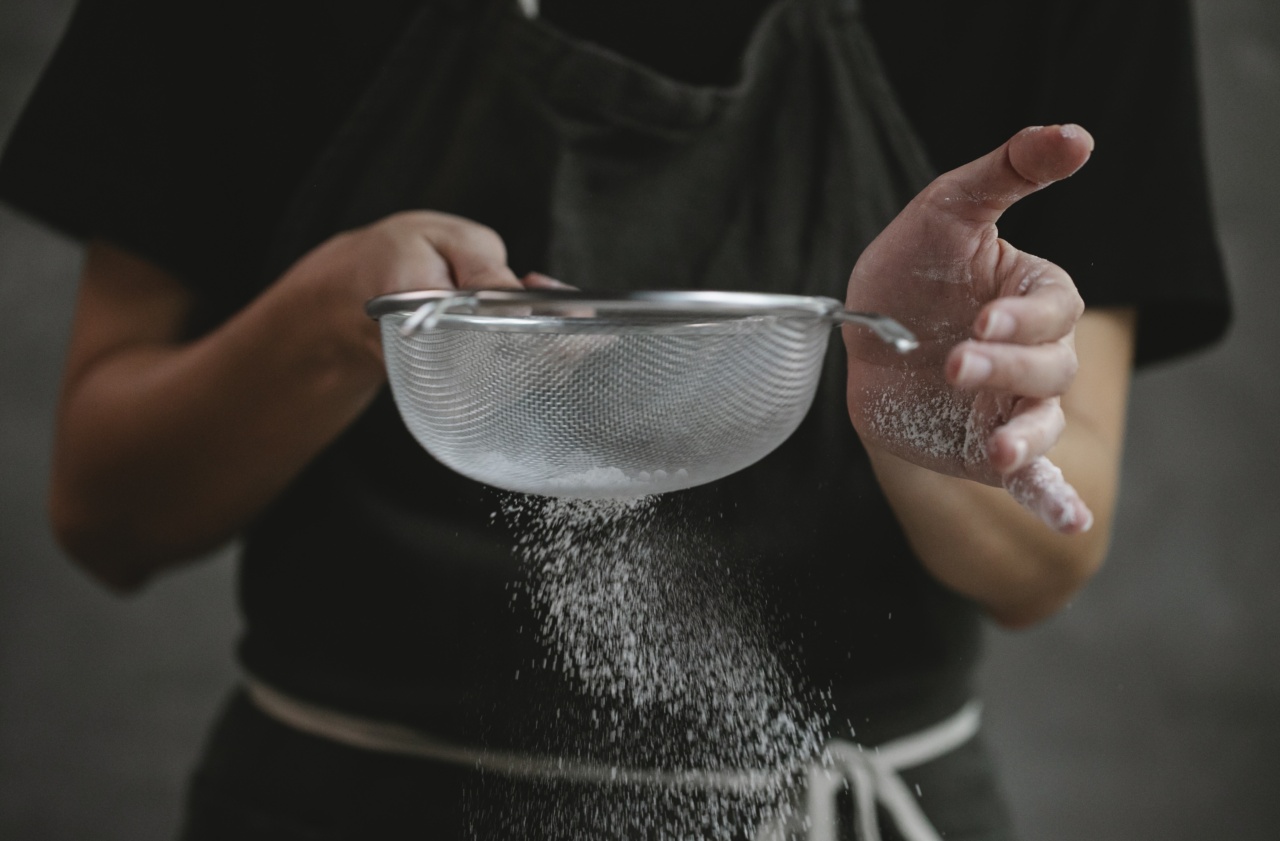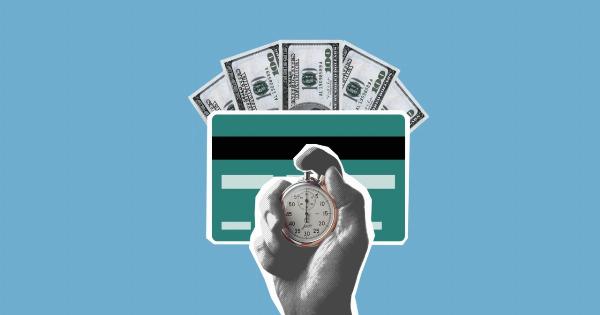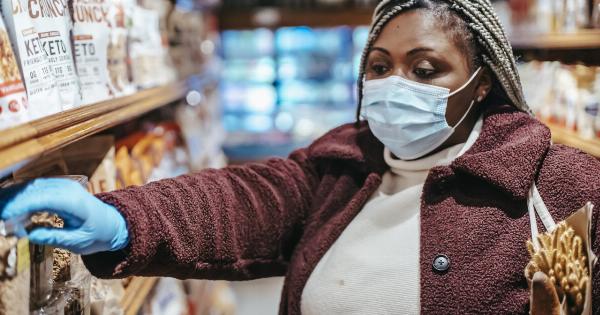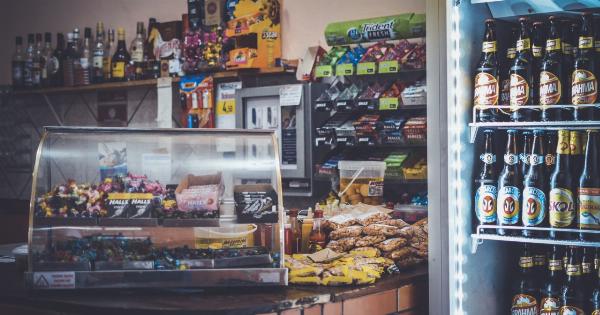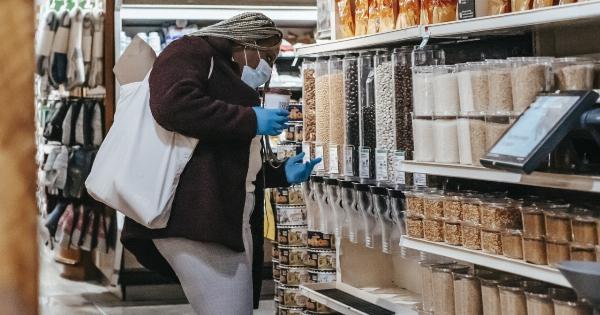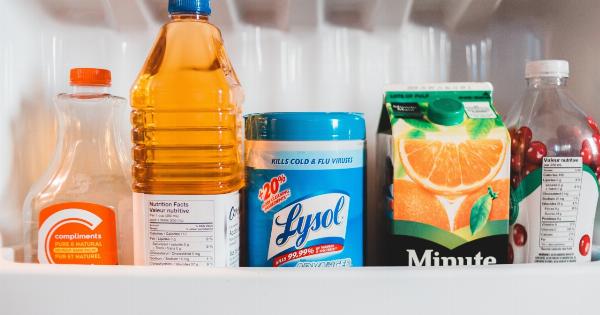Food storage is an essential part of our daily routine. We store food to prevent wastage, save time, and ensure that we always have something to eat even when we don’t feel like cooking.
Most of us, however, make some common food storage mistakes that can lead to food spoilage, loss of nutrients, and even food poisoning. In this article, we will highlight some of those mistakes, show you how they can be prevented, and give you some tips on how to store different types of food correctly.
Mistake #1: Overbuying
One of the biggest mistakes we make when it comes to food storage is overbuying. We are often tempted to purchase large quantities of food to save money and reduce trips to the grocery store.
However, this often leads to the food going bad before we get a chance to consume it. To prevent this, make a list of the food you need and stick to it.
Mistake #2: Not Using Proper Containers
Another common mistake is using the wrong containers to store food. Plastic bags, for example, are not the best option for storing fruits and vegetables as they do not provide adequate ventilation.
Use storage containers that are specifically designed for food storage.
Mistake #3: Not Checking Expiration Dates
Many of us ignore expiration dates when storing food. We assume that if the food looks and smells okay, it is still safe to consume. This is a dangerous assumption. Always check the expiration date and throw away any food that has expired.
Mistake #4: Storing Food Incorrectly
Storing food in the wrong place can lead to spoilage and the growth of harmful bacteria. For example, storing onions and potatoes together can cause them to spoil quickly.
Store onions in a cool, dry, and well-ventilated area, and keep potatoes in a cool, dark place, such as a pantry.
Mistake #5: Not Using Labels
Labels are essential when it comes to food storage. They help you identify the contents of a container and the date it was stored. This will help you keep track of how long a food item has been in storage and prevent you from eating expired food.
Mistake #6: Not Freezing Food Properly
Freezing is an excellent way to extend the shelf life of food. However, it is essential to freeze food properly to prevent freezer burn and maintain the quality of the food.
Use freezer-safe containers or bags, remove as much air as possible before sealing, and label the containers with the date.
Mistake #7: Not Cleaning Storage Containers
Bacteria can grow on surfaces, including storage containers. It is, therefore, essential to clean storage containers thoroughly before and after use. Use a mild detergent and warm water to ensure that all surfaces are cleaned properly.
Mistake #8: Not Storing Food at the Right Temperature
Storing food at the wrong temperature can lead to spoilage and food poisoning. Avoid storing food at room temperature for extended periods.
Keep perishable items, such as meat, dairy products, and eggs, in the fridge at temperatures between 0-5 degrees Celsius.
Mistake #9: Not Using the First-In-First-Out (FIFO) Method
The FIFO method is an effective way to prevent food waste. It involves using the oldest food items first and ensuring that the newest ones are stored at the back.
This will help you keep track of how long the food items have been stored and prevent you from consuming expired food.
Mistake #10: Storing Food in the Wrong Place
Finally, storing food in the wrong place can lead to spoilage and food poisoning. Keep raw meat away from cooked food to prevent cross-contamination. Store oily and fatty foods away from direct sunlight to prevent them from going rancid.
Conclusion
Food storage mistakes can be costly, both in terms of wasted food and potential health risks.
By avoiding these common mistakes and storing your food correctly, you can extend the life of your food, save money, and ensure that you always have something healthy to eat.
